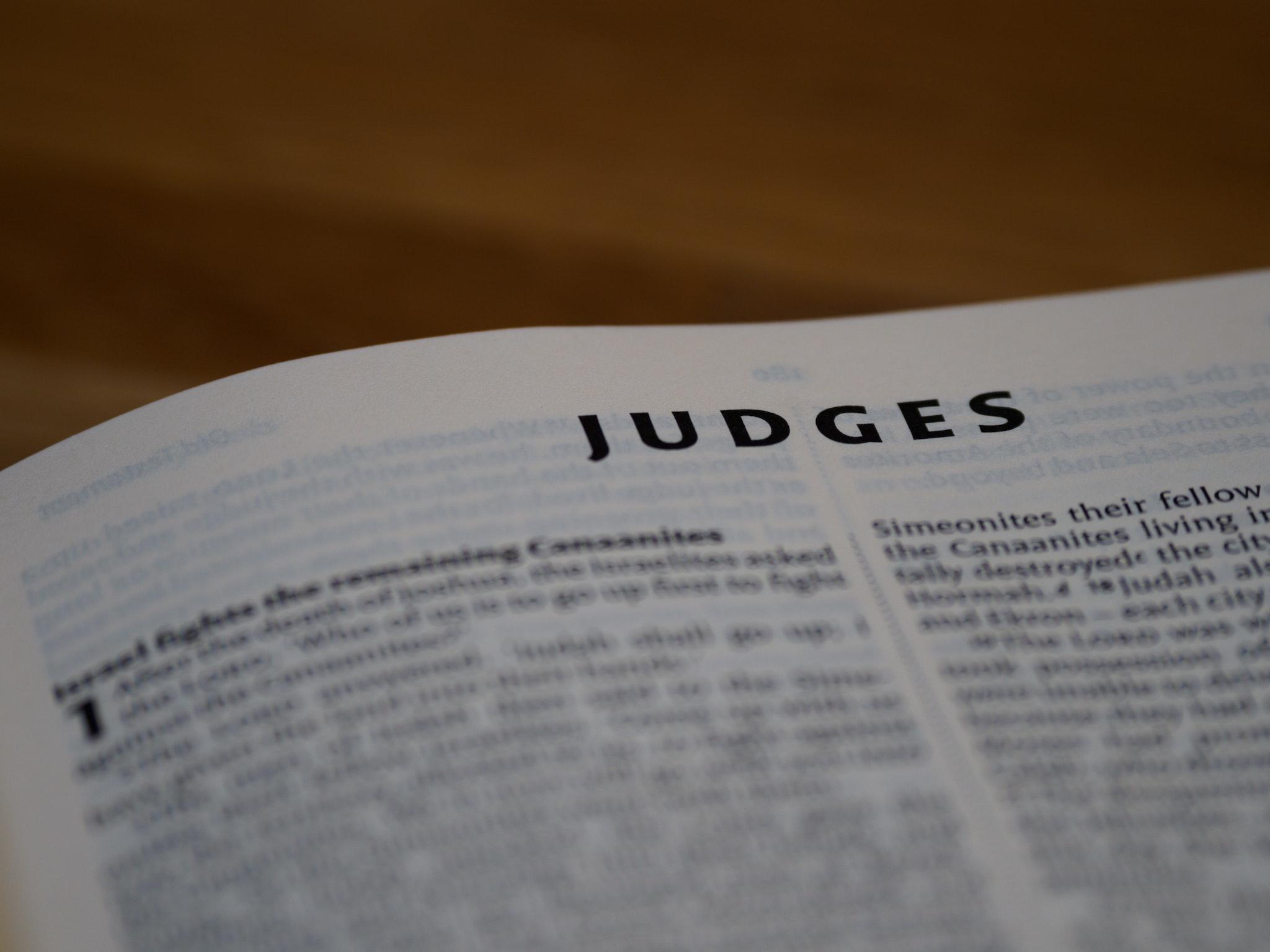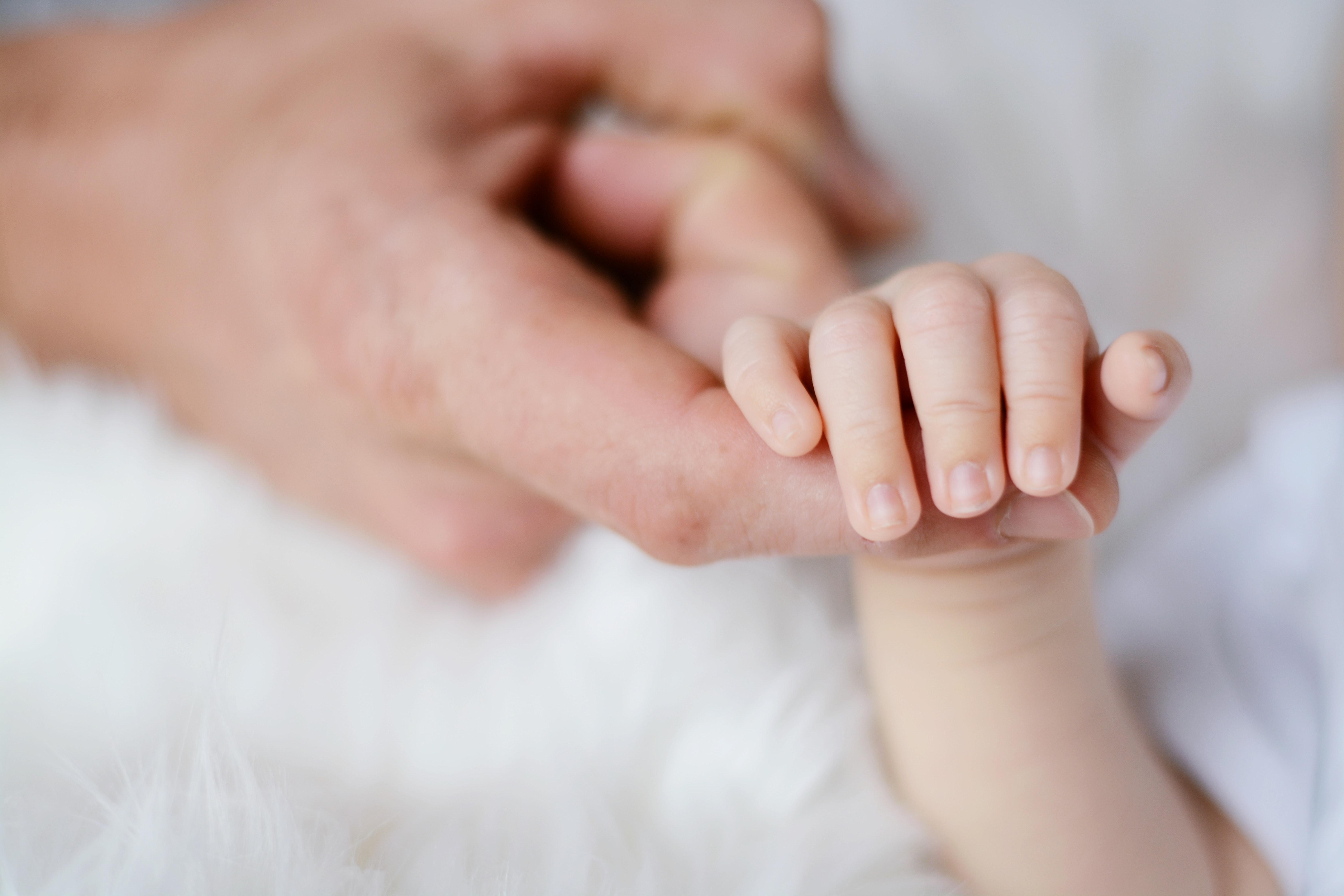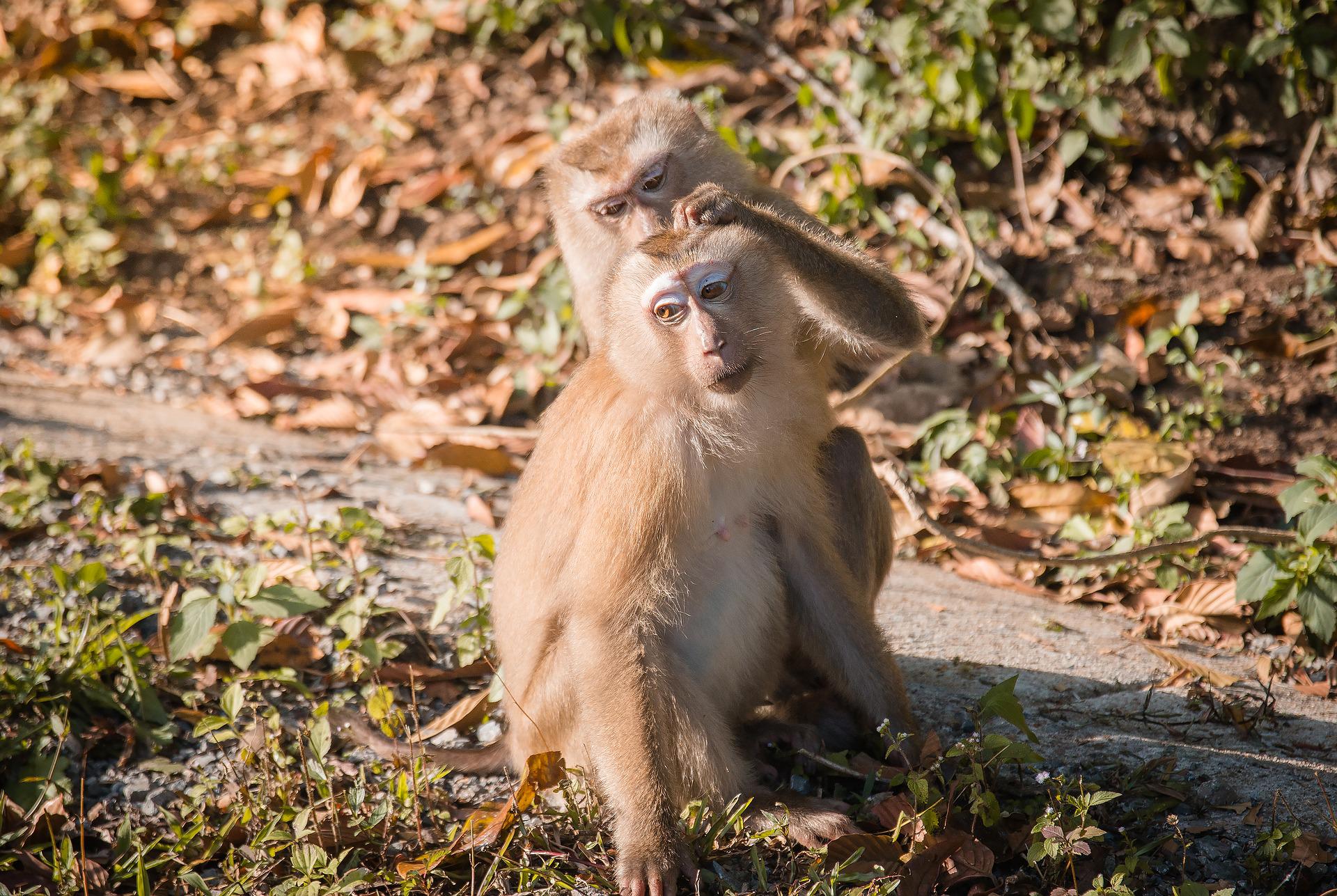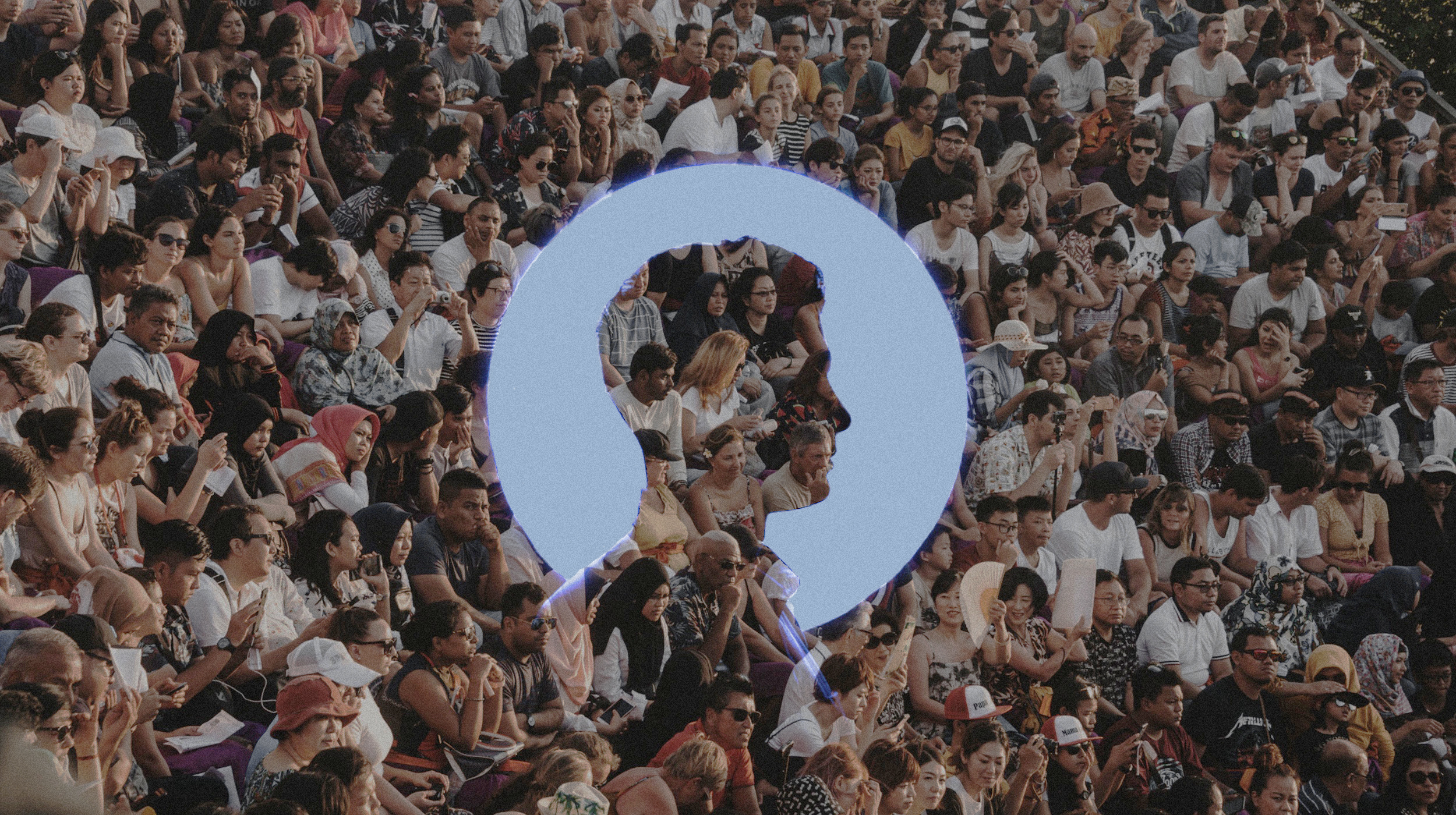morality
Do right and wrong depend on culture, or does morality transcend place and time?
Medical science can save lives, but should it do so at the cost of quality of life?
One man studied apes for 50 years. He says nature isn’t as cruel as you think.
This spring, a U.S. and Chinese team announced that it had successfully grown, for the first time, embryos that included both human and monkey cells.
Could a pill make you more moral? Should you take it if it could?
Sometimes, moral lessons can be learned from blowing away zombies.
Instead of insisting that we remain “free from” government control, we should view taking vaccines and wearing masks as a “freedom to” be a moral citizen who protects the lives of others.
Our brains make snap moral decisions in mere seconds.
Escaping the marshmallow brain trap.
▸
6 min
—
with
Technology of the future is shaped by the questions we ask and the ethical decisions we make today.
▸
5 min
—
with
Knowing what to do is one thing, doing it is another.
Nihilism is not a choice or intellectual commitment, but a feeling that simply arrives.
As morally sturdy as we may feel, it turns out that humans are natural hypocrites when it comes to passing moral judgment.
▸
5 min
—
with
Historian Rutger Bregman argues that the persistent theory that most people are monsters is just wrong.
▸
6 min
—
with
Synchronous movement seems to help us form cohesive groups by shifting our thinking from “me” to “we.”
What is more important, that a treatment helps keep people healthy or that it meshes with our morals?
Eastern traditions have complex views on how karma affects your life.
Can we stop a rogue AI by teaching it ethics? That might be easier said than done.
In some situations, asking “what if everyone did that?” is a common strategy for judging whether an action is right or wrong.
This space expansionist ideology marked the beginning of what Arendt called “earth alienation.”
Researchers say that moral self-licensing occurs “because good deeds make people feel secure in their moral self-regard.”
Can we affirm everything in life, the beauty and the suffering? Nietzsche says yes.
COVID-19 is a tragedy of the commons.
If the idea of freedom bound Camus and Sartre philosophically, then the fight for justice united them politically.
Placing science and religion at opposite ends of the belief spectrum is to ignore their unique purposes.
▸
14 min
—
with
If machines develop consciousness, or if we manage to give it to them, the human-robot dynamic will forever be different.
▸
16 min
—
with
The banality-of-evil thesis was a flashpoint for controversy.
A massive Dating.com study reveals just how important politics are in the dating world right now.
Does what you believe in come from reason? Or just your community?





























